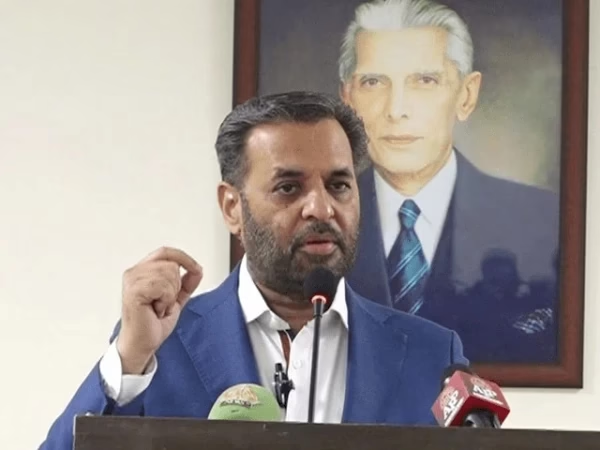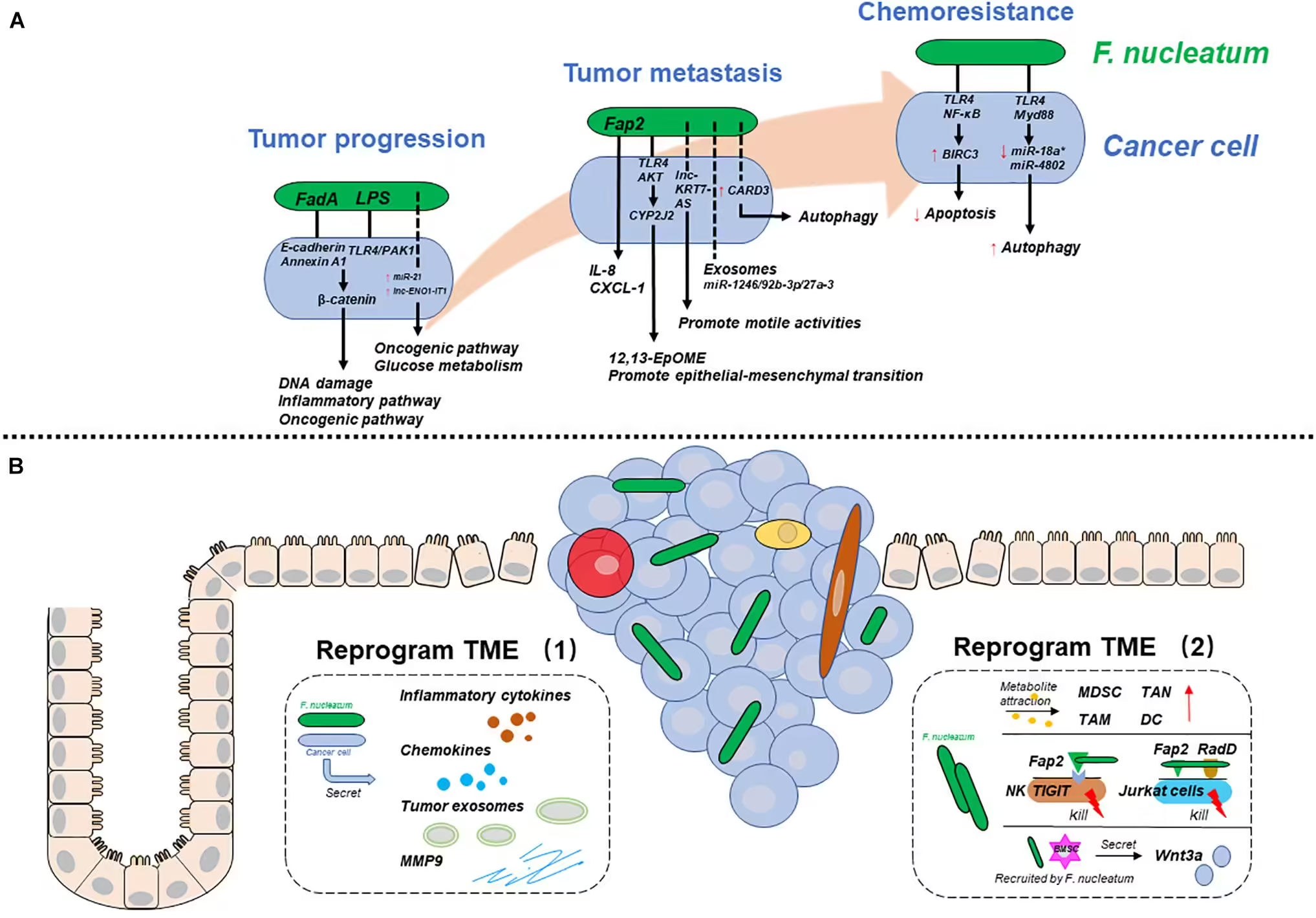The measles and rubella vaccination campaign in Pakistan has once again highlighted the importance of protecting children from preventable diseases. Speaking at a national awareness event, Federal Health Minister Syed Mustafa Kamal emphasized that vaccines remain one of the most powerful tools to save young lives. He also pointed out that Pakistan benefits greatly from the support of international health organizations that help strengthen immunization programs across the country.
The Growing Threat of Preventable Diseases
Pakistan is among the most populous nations in the world, and large populations bring significant public health challenges. The minister explained that many childhood diseases, including measles and rubella, still threaten the lives of thousands of children every year. These illnesses are not only dangerous but can lead to lifelong complications. Measles, for example, can cause blindness, while rubella can affect brain development and lead to conditions such as cerebral palsy.
The measles and rubella vaccination has proven to be the safest and most effective defense against these outcomes. Health experts worldwide agree that timely vaccination prevents severe illness, long-term disability, and death.
A Call to Parents: Vaccination is a Responsibility
The minister stressed that parents must take responsibility by ensuring their children receive all recommended vaccines. He reminded the public that vaccines are safe, scientifically tested, and essential for healthy childhood development. Despite misconceptions and fears in some communities, the measles and rubella vaccination has been globally accepted and used for decades.
Unfortunately, rumors and misinformation still affect vaccination efforts in Pakistan. Concerns about whether vaccines are halal, harmful, or part of conspiracies continue to mislead families. These myths endanger children who rely on adults to make the right choices for their health.
Pakistan’s Limited Vaccine Coverage
Around the world, children receive vaccines protecting them from 55 different diseases. Pakistan, however, administers only 13 vaccines under its national immunization program. The minister acknowledged that expanding this number will take time, funding, and greater public awareness. Still, efforts to strengthen programs such as the measles and rubella vaccination campaign remain ongoing.
One key advantage is that the measles vaccine is available free of cost in nearly every neighborhood through mobile vaccination teams and health units. This means accessibility is not the main barrier—lack of awareness and reluctance are.
The Role of Communities in Public Health
Successful vaccination campaigns rely heavily on community cooperation. Health workers often travel long distances, visiting households and schools to provide the measles and rubella vaccination. The minister encouraged local communities to support these teams, noting that helping someone avoid illness is a deeply moral responsibility.
He also warned that letting preventable diseases spread due to neglect is a failure of duty. When a child dies from something that could have been prevented with a simple vaccine, the loss is not only tragic but completely avoidable.
Hospitals Under Pressure
Another key issue highlighted was the growing burden on hospitals. Public hospitals in Pakistan are becoming increasingly overcrowded, with long waiting hours and limited resources. Much of this pressure comes from diseases that could easily be prevented through vaccines and healthier lifestyles.
The minister stressed that prevention must become a national priority. By embracing immunization efforts like the measles and rubella vaccination campaign, Pakistan can reduce the strain on hospitals and improve overall public health.
Vaccination and the Future of Health
In a hopeful remark, the minister mentioned that the world has discovered vaccines even for diseases as serious as cancer. Global health experts predict that within the next ten years, cancer-related deaths could drastically decline due to new medical innovations. However, he warned that if Pakistan continues to resist scientific advancements and allow misinformation to spread, the country will fall behind.
Adopting vaccines, trusting scientific research, and focusing on preventive care will shape a healthier future for upcoming generations.
A National Responsibility
The measles and rubella vaccination drive is not just a government campaign—it is a nationwide responsibility. Protecting children from preventable diseases ensures a stronger, healthier Pakistan. With international support, committed health workers, and greater public cooperation, the country can dramatically reduce childhood illnesses.
Vaccination is a simple step, but its impact lasts a lifetime. By choosing to vaccinate, every parent contributes to a safer and healthier society.



